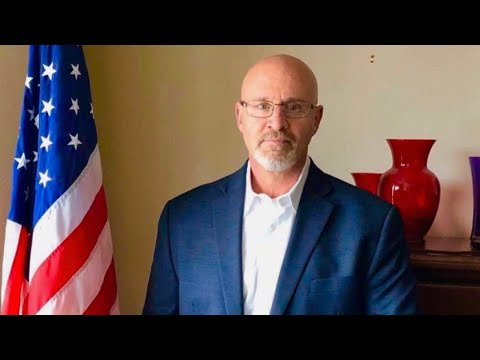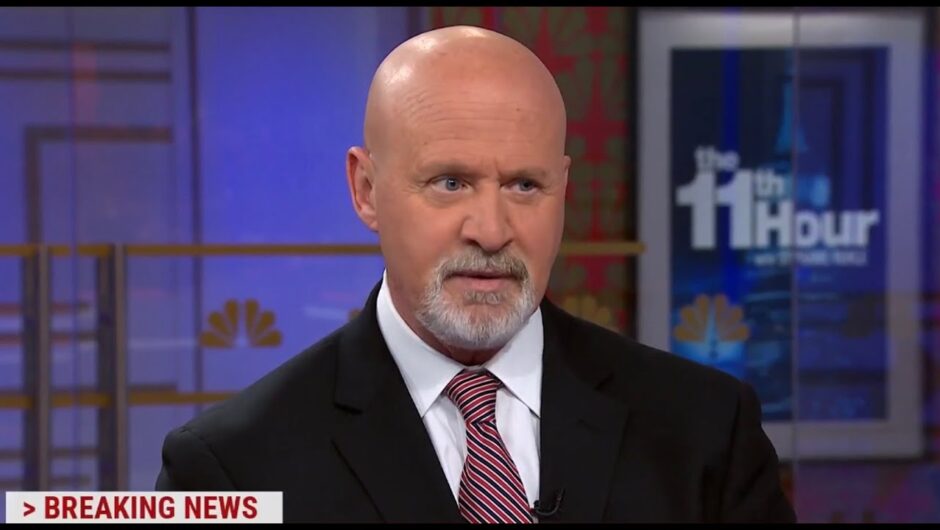news, latest-news, australian war memorial, awm, veterans’ affairs, veterans mental health
ACT pill testing advocate David Caldicott has voiced disgust over the $500 million expansion of the Australian War Memorial he said the federal government had “inflicted” on the city, while emerging treatments for post traumatic stress disorder were deemed too hard. Speaking at a symposium for the prevention of veteran suicide, Dr Caldicott said there was a myriad of more effective ways to invest the money to better support returned service personnel. Dr Caldicott said the ‘leave no person behind’ mantra was an oft-touted military morale-booster which made the “bickering” about the memorial hard to stomach for many in Canberra. “The essence of a country does not come from its buildings and the monuments to the suffering of its people,” Dr Caldicott said. “The essence of the country, the essence of an army, is those people.” The Calvary Hospital emergency doctor spoke about the re-medicalisation of psychedelic drugs as part of a research seminar run by the office of the National Commissioner for Defence and Veteran Suicide, set up in 2020 in recognition of the high number of Australian Defence Force members and veterans who take their own lives. Clinical trials overseas had shown overwhelmingly positive outcomes for sufferers of PTSD treated with psychotherapy after being administered MDMA. Patients were able to speak about experiences which had previously been too painful to relive, with trials in several countries showing the cessation of need for any type of medication after just three sessions. Dr Caldicott said ACT had the potential to join other jurisdictions pioneering the field in Australia, with his ANU research team capable of undertaking trials and the close vicinity to the ADF meaning direct liaison would be possible. “Probably the best chemistry department in the country is here and we have excellent psychiatrists, so the various cogs required to get a machine like that going are in the ACT,” he said. Dr Caldicott said Canberra’s international and literate population, two excellent universities and the way local legislators made themselves available for discussion was favourable. “One of the things the ACT government does very well is providing a supportive environment for academics to push things forward,” Dr Caldicott said. “Not to be unfair but ACT patients are often quite demanding as well, if they see that something is happening overseas that could benefit their loved ones, they are unlikely to sit back and say, ‘Oh that’s just Australia’. They will demand a change.” Asked whether the treatment was likely to be included as per of recommendations following the inquiry, the commissioner’s office said Dr Caldicott’s insight would assist in informing interim commissioner Bernadette Boss’s work. Dr Boss said it was important to shine a light in the dark places that led to death by suicide. “We need a green field and blue sky thinking to understand why it is happening and how it can be prevented,” she said. READ MORE: A government spokesperson said funding for the war memorial was not at the expense of veteran services. “This is not a case of choosing one over the other, but a commitment to both,” the spokesperson said. “The government is committed to putting veterans and their families first and spends more than $11.5 billion each year to support 325,000 veterans and their families, including more than $230 million a year on veteran mental health.” Over the nine years of the memorial’s expansion, more than $100 billion would be spent in the Veterans’ Affairs portfolio, according to the spokesperson. A statement from Defence said further evidence of psychedelic-assisted therapy benefits was required before it would be confidently adopted into clinical practice. “Defence believes the area would benefit from sound and well governed clinical research undertaken from an independent source,” a spokesperson said. Psychedelic-assisted therapy was currently available through the Therapeutic Goods Administration special access approval system, however, an interim decision was made last month which prevented both Psilocybin and MDMA being more easily accessed. Public hearings were held in Sydney this week as part of an inquiry into approval processes for new drugs and novel medical technologies in Australia. Following a referral from federal Health Minister Greg Hunt, a committee will report on approval processes for new drugs and novel medical technologies. It will examine ways to increase accessibility to new drugs in a timely manner and respond to emerging global trends, incentivise research for conditions where there is an unmet need and measures that could make Australia a more attractive location for clinical trials. Our journalists work hard to provide local, up-to-date news to the community. This is how you can continue to access our trusted content:
/images/transform/v1/crop/frm/fdcx/doc74l4hwr5amw9ul4k55g.jpg/r610_0_4962_2459_w1200_h678_fmax.jpg
ACT pill testing advocate David Caldicott has voiced disgust over the $500 million expansion of the Australian War Memorial he said the federal government had “inflicted” on the city, while emerging treatments for post traumatic stress disorder were deemed too hard.
Speaking at a symposium for the prevention of veteran suicide, Dr Caldicott said there was a myriad of more effective ways to invest the money to better support returned service personnel.
Dr Caldicott said the ‘leave no person behind’ mantra was an oft-touted military morale-booster which made the “bickering” about the memorial hard to stomach for many in Canberra.
“The essence of a country does not come from its buildings and the monuments to the suffering of its people,” Dr Caldicott said.
“The essence of the country, the essence of an army, is those people.”
The Calvary Hospital emergency doctor spoke about the re-medicalisation of psychedelic drugs as part of a research seminar run by the office of the National Commissioner for Defence and Veteran Suicide, set up in 2020 in recognition of the high number of Australian Defence Force members and veterans who take their own lives.
Clinical trials overseas had shown overwhelmingly positive outcomes for sufferers of PTSD treated with psychotherapy after being administered MDMA.
Patients were able to speak about experiences which had previously been too painful to relive, with trials in several countries showing the cessation of need for any type of medication after just three sessions.
“Probably the best chemistry department in the country is here and we have excellent psychiatrists, so the various cogs required to get a machine like that going are in the ACT,” he said.
Dr Caldicott said Canberra’s international and literate population, two excellent universities and the way local legislators made themselves available for discussion was favourable.
“Not to be unfair but ACT patients are often quite demanding as well, if they see that something is happening overseas that could benefit their loved ones, they are unlikely to sit back and say, ‘Oh that’s just Australia’. They will demand a change.”
Asked whether the treatment was likely to be included as per of recommendations following the inquiry, the commissioner’s office said Dr Caldicott’s insight would assist in informing interim commissioner Bernadette Boss’s work.
Dr Boss said it was important to shine a light in the dark places that led to death by suicide.
“We need a green field and blue sky thinking to understand why it is happening and how it can be prevented,” she said.
A government spokesperson said funding for the war memorial was not at the expense of veteran services.
“This is not a case of choosing one over the other, but a commitment to both,” the spokesperson said.
“The government is committed to putting veterans and their families first and spends more than $11.5 billion each year to support 325,000 veterans and their families, including more than $230 million a year on veteran mental health.”
Over the nine years of the memorial’s expansion, more than $100 billion would be spent in the Veterans’ Affairs portfolio, according to the spokesperson.
A statement from Defence said further evidence of psychedelic-assisted therapy benefits was required before it would be confidently adopted into clinical practice.
“Defence believes the area would benefit from sound and well governed clinical research undertaken from an independent source,” a spokesperson said.
Psychedelic-assisted therapy was currently available through the Therapeutic Goods Administration special access approval system, however, an interim decision was made last month which prevented both Psilocybin and MDMA being more easily accessed.
Public hearings were held in Sydney this week as part of an inquiry into approval processes for new drugs and novel medical technologies in Australia.
Following a referral from federal Health Minister Greg Hunt, a committee will report on approval processes for new drugs and novel medical technologies.
It will examine ways to increase accessibility to new drugs in a timely manner and respond to emerging global trends, incentivise research for conditions where there is an unmet need and measures that could make Australia a more attractive location for clinical trials.
Our journalists work hard to provide local, up-to-date news to the community. This is how you can continue to access our trusted content:






